When an organisation in any of a wide range of sectors – from oil and gas and chemicals to printing and water – requires a telemetry system, it will judge any potential provider and its solutions on such parameters as reputation, reliability, scalability, ease and speed of installation and customer support. It will expect the providing company to have a longstanding record of offering telemetry in the UK, with a substantial installed user base, and the software that it provides for Vendor Managed Inventory (VMI) systems will be expected to be industry-leading, if not truly groundbreaking.
Certainly, the products that the given provider offers should cater cost-effectively to every possible telemetry and remote monitoring requirement that an organisation in any of the above industries could have. A video telemetry unit may be available, for example, for the transmission of live video feeds of a customer’s remote sites, also affording control over digital and analogue signals. Alternatively, the customer may specifically request an intelligent telemetry unit that it is possible to program for the management and control of a site, without any input needing to be provided by the user. The customer is also likely to appreciate hardware and software that can be incorporated alongside existing telemetry equipment, which ensures no need to throw out an earlier investment.
As well as products, it’s likely that associated services will be provided to a high standard by any leading specialist in telemetry in the UK. The firm’s technical team should be comfortable with large as well as small projects, with any long-honed expertise in the development of Windows applications especially useful. A good telemetry provider should give access to experts on a consultancy basis, and may also offer a telemetry hosting service that can ensure the accuracy of the customer’s telemetry data.
Another distinguishing feature of a respected provider of telemetry in the UK will always be an extensive range of well-regarded past and present customers. The UK company Oriel Systems, for example, can count Virgin, BP, Unilever, Roche, Chick Master and Aviagen Group among its prestigious past customers. Indeed, the company has built a formidable reputation in high technology industrial services over a quarter of a century, and also has the considerable premises and connections that any premier telemetry provider should have.
The company has a manufacturing, research and development facility in the south west of England, there are two further sites – in Manchester and north of London – from which its installation engineers work, and it also has European and Far Eastern strategic alliances and agents. But above all, it has a track record for telemetry in the UK that has been affirmed time and time again, against the most stringent and demanding requirements from customers spanning the full breadth of the water, oil and gas, chemical and printing industries.

 01249 705070
01249 705070